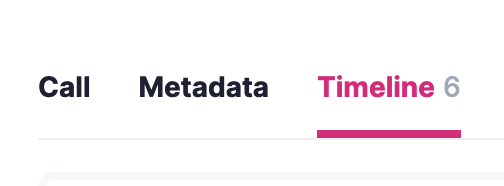I've found a pretty big issue with this proposal, which is that the storageTrieRootHash value that can be queried can't be trusted, and thus that the genesis hash of the chain can't be trusted.
I initially just wanted to add a note in the RFC saying that the calculated genesis hash must not be used for purposes other than determining the networking protocol names.
Unfortunately, the JSON-RPC API has functions to query the genesis hash, and so if a light client connects to a parachain in a chain-spec-less way (through just a relay chain and para_id), it has no way to implement the JSON-RPC API properly.
As a side note, if you connect in a chain-spec-less way the JSON-RPC API can't be fully implemented anyway, as the chainSpec_unstable_properties and chainSpec_unstable_chainName functions can't be implemented. But that's already covered by the JSON-RPC spec, which allows some namespaces to not be implemented. In this case, you wouldn't implement the functions in the chainSpec namespace.
We can maybe simply remove the JSON-RPC functions that allow querying the genesis hash, except that when you submit a transaction you need to include the genesis hash in it.
I can see two ways of solving this problem, I'm not sure right now which way is best:
-
Give up for now on the idea of connecting to a parachain without a chain spec. Remove the
stateTrieRootHashandforkIdfield from the new networking protocol, as they would be loaded from the chain spec. The RFC would simply make it possible to find the bootnodes of a parachain, but not to connect to said parachain without a chain spec. -
Double down on the idea of connecting to a parachain without a chain spec, by removing the JSON-RPC functions that allow knowing the genesis hash, and instead JSON-RPC clients should read
System::BlockHash[0](or alternatively introduce a new item in the runtime) in order to know the genesis hash. Given that the runtime verifies the genesis hash when submitting a transaction, we know that this genesis hash is always available in storage and just needs to be queried in a way or the other.
 3. Adjust the transaction if needed (for example, the proposal Origin).
4. Submit the Transaction
3. Adjust the transaction if needed (for example, the proposal Origin).
4. Submit the Transaction
 ---
3. Go to the details of the `Confirmed` event.
---
3. Go to the details of the `Confirmed` event.
 ---
2. Go to the details of the block containing that event.
---
2. Go to the details of the block containing that event.
 ---
2. Here you can find the block hash.
---
2. Here you can find the block hash.

Rendered.